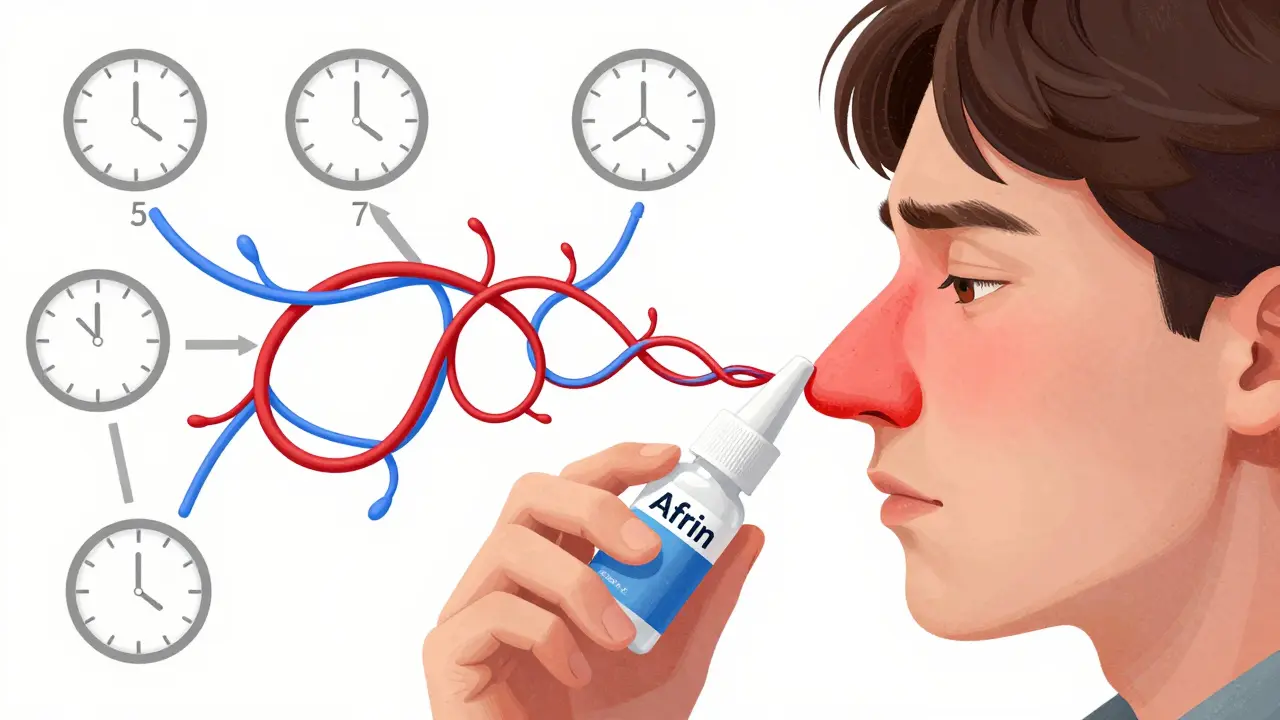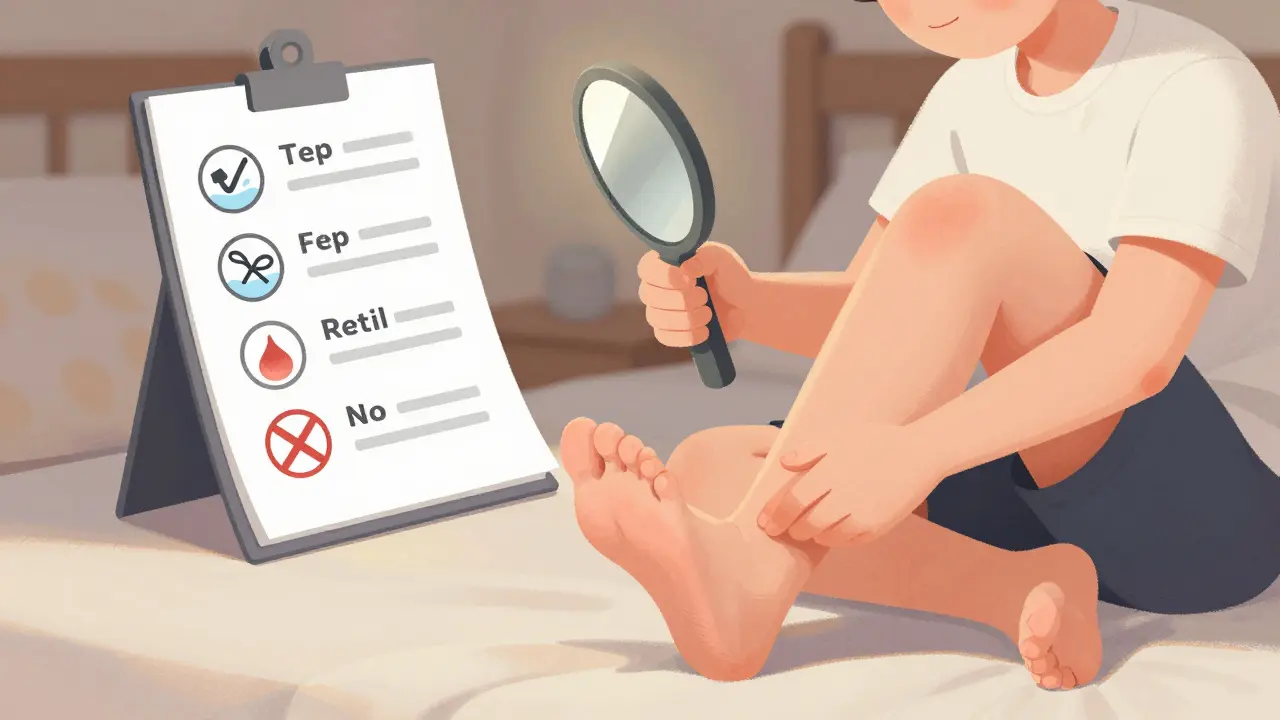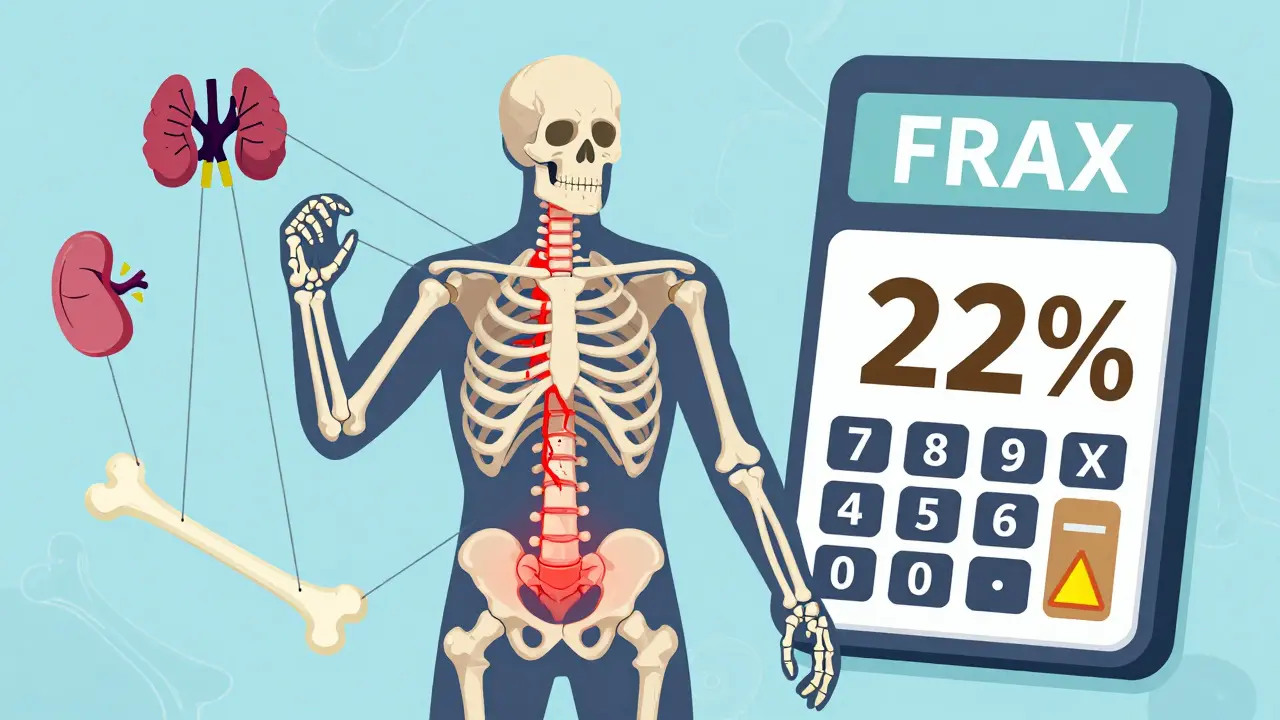Feeling good shouldn’t be a mystery. Whether you’re dealing with swelling, a skin flare‑up, or just want more energy, a few everyday habits can make a big difference. Below you’ll find quick, science‑backed ideas you can start using right now—no fancy equipment or pricey supplements required.
First up, water. Staying hydrated helps reduce edema (that puffy feeling in hands, ankles, or face) and keeps every cell working smoothly. Aim for at least eight cups a day, and add a pinch of sea salt or a splash of citrus if you’re active. Electrolytes matter too, especially if you sweat a lot; a banana or a handful of almonds can refill potassium.
Next, move your body. A short walk after meals improves digestion and blood flow, which in turn eases swelling and supports gut health. Even five minutes of gentle stretching can lower stress hormones that often flare up skin conditions like eczema.
Sleep is non‑negotiable. Your skin repairs itself, your immune system resets, and hormones find balance when you get 7‑8 hours of quality rest. Dim the lights an hour before bed, skip the phone, and let your body wind down naturally.
If a rash shows up, topical steroids like Elocon or Betnovate can calm inflammation fast—just follow the prescribed amount and don’t use them longer than advised. For infections, antibiotics such as Roxithromycin, Erythromycin, or the broader class of macrolides work well, but only take them when a doctor says so to avoid resistance.
Feeling anxious or down? Sertraline (Zoloft) is a common option that many find helpful, but it’s worth discussing potential side effects and how it fits with your daily routine. If you’re looking for natural support, supplements like zinc, propolis, or beta‑glucans may boost immunity and even help with viral outbreaks, but they’re not a full replacement for prescription antivirals like Valtrex.
Saving money on prescriptions is another part of wellness. Tools like GoodRx compare prices across pharmacies, and the latest FDA import rules let you legally bring in Canadian medication when it’s cheaper—just check the guidelines to stay on the right side of the law.
Finally, if you’re managing a chronic condition at work, clear communication and reasonable accommodations can keep you productive without sacrificing health. Simple steps like flexible scheduling, ergonomic setups, or remote work days can make a huge impact.
Putting these pieces together—hydration, movement, sleep, smart medication use, and savvy budgeting—creates a solid foundation for daily health. Start with one habit, see how you feel, then add another. Small changes add up, and before you know it, you’ll notice more energy, clearer skin, and a calmer mind.

Asthma medication is safe during pregnancy and breastfeeding when used as prescribed. Inhaled corticosteroids and rescue inhalers like albuterol are well-studied and reduce risks of preterm birth and low birth weight. Stopping medication is far more dangerous than using it.
read more
Floaters after cataract surgery are common and usually harmless, caused by improved vision revealing pre-existing vitreous debris. Most fade within weeks, but sudden increases in floaters or flashes of light need urgent care to rule out retinal detachment.
read more
CBT for chronic pain helps manage long-term pain by changing how you think and act around it. It doesn't eliminate pain but improves function, mood, and reduces opioid use. Proven effective in clinical trials, it's now a first-line treatment worldwide.
read more
Nasal congestion from overusing decongestant sprays is called rebound congestion or rhinitis medicamentosa. Learn how to stop the cycle, what treatments work, and how to prevent it from coming back.
read more
Pediatric sleep apnea is often caused by enlarged tonsils and adenoids. Adenotonsillectomy is the first-line treatment, but CPAP is vital for kids who don’t respond to surgery or have other risk factors. Early diagnosis and proper treatment can prevent long-term developmental issues.
read more
Learn how to tell the common cold from influenza, what symptoms to watch for, when antivirals work, and how to avoid serious complications. Clear, practical advice for 2026.
read more
Learn the proven daily foot care routine to prevent diabetic ulcers and avoid amputation. Includes a step-by-step inspection checklist, footwear tips, and what to avoid.
read more
Learn how palliative and hospice care balance effective symptom relief with minimizing harmful side effects. Discover what works, what doesn’t, and how families can advocate for better comfort.
read more
Endocrine disorders like diabetes and thyroid disease significantly increase fracture risk. FRAX calculates your 10-year risk, and bisphosphonates are the most effective treatment to protect your bones. Learn how to use these tools wisely.
read more
Learn how to prepare for your OB/GYN visit by creating a complete medication list, asking the right questions about pregnancy-safe drugs, and avoiding common mistakes that could affect your baby’s health.
read more
Learn how hyperpigmentation and keloids affect skin of color, why they’re more common, and what actually works to treat them safely. Get science-backed skincare tips and when to see a specialist.
read more
GABA supplements don't significantly cross the blood-brain barrier, making dangerous interactions with sedatives extremely unlikely. Learn why the real risks come from other supplements like kava or valerian, not GABA itself.
read more